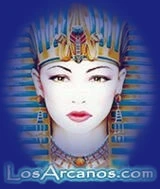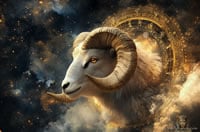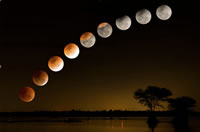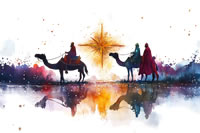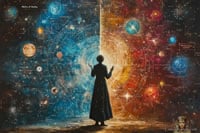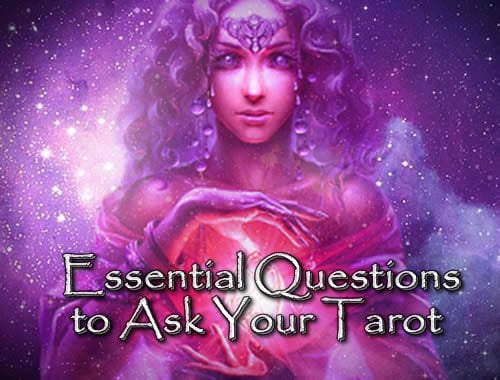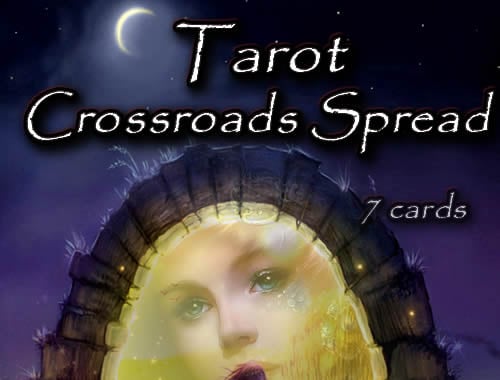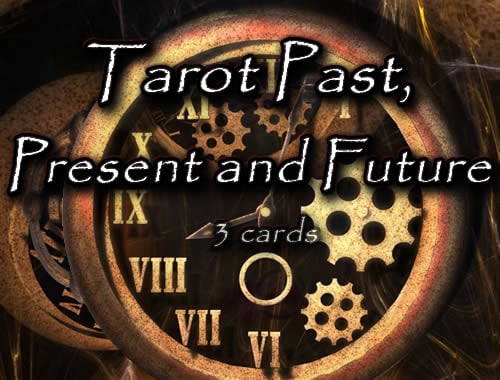What is Ophiuchus and its significance in Astrology?

The zodiac, that mystical circle that has guided humanity for millennia, has recently been shaken by the controversy of a possible thirteenth sign: Ophiuchus. But what exactly is Ophiuchus, and how does it influence astrology?
What is Ophiuchus?
Ophiuchus, also known as ‘the serpent bearer’, is one of the forty-eight constellations in the sky that the ancient Greeks used to admire at night. It stands right between Scorpio and Sagittarius. Although it has gained prominence in recent decades due to a theory suggesting the existence of a thirteenth astrological sign, it’s essential to understand that Ophiuchus is not considered a zodiac sign according to Western or tropical astrology. This stream does not reference the positioning of the constellations to define zodiacal dates.
How does Ophiuchus influence Astrology?
Western astrology does not consider Ophiuchus as a zodiac sign. However, Eastern or sidereal astrology does take into account the positioning of the constellations. Although some sidereal astrologers consider the possibility of a thirteenth sign, they represent a minority.
Who would be of the Ophiuchus sign?
People born between November 29 and December 16 would be considered of the Ophiuchus sign, according to proponents of this theory.
What does it mean to be an Ophiuchus sign?
Believers of this sign claim that Ophiuchus is a water sign, being emotional, intuitive, and spiritual. It is described as philosophical, idealistic, and altruistic, but can also be irresponsible and hurtful.
Does Ophiuchus Influence a Person’s Natal Chart?
The universe, with its vast expanse and twinkling constellations, has always been a source of wonder and mystery. Among these constellations, Ophiuchus, the so-called ‘thirteenth zodiac sign’, has stirred emotions, debates, and questions in the world of astrology. One of the most profound inquiries is whether Ophiuchus holds any sway over a person’s natal chart.
A natal chart, often referred to as a birth chart or horoscope, is a snapshot of the sky at the exact moment of one’s birth. It’s a deeply personal map, reflecting one’s potential, challenges, and destiny. Each zodiac sign and planetary position in this chart tells a unique story about the individual.
Traditionally, Western astrology has been rooted in the twelve zodiac signs, each representing specific energies and characteristics. These signs have been the pillars upon which astrologers interpret a person’s nature, desires, and life path. The sudden emergence of Ophiuchus as a potential zodiac sign naturally raises eyebrows and tugs at heartstrings. Could there be a missing piece in the cosmic puzzle of our lives?
However, it’s essential to understand that Ophiuchus, despite its prominence among the constellations, is not universally recognized in the realm of astrology. Most Western astrologers do not include Ophiuchus in natal chart readings. They adhere to the traditional twelve-sign system, where each sign corresponds to a specific 30-degree segment of the 360-degree zodiac wheel.
That said, the emotional and spiritual journey of understanding oneself through astrology is deeply personal. While Ophiuchus might not play a role in traditional natal chart interpretations, its presence in the sky serves as a reminder of the universe’s vastness and the endless possibilities it holds. For those who feel a connection to this constellation, it might symbolize a quest for deeper knowledge, a break from tradition, or a desire to explore the unknown.
In conclusion, while Ophiuchus might not directly influence a person’s natal chart in traditional Western astrology, its very existence challenges us to think beyond the familiar and embrace the mysteries of the cosmos. After all, the universe is ever-evolving, and so is our understanding of it.
Who was Ophiuchus in Greek mythology?
Ophiuchus, known in Greek mythology as Asclepius, was the god of medicine and healing, with the power to resurrect the dead.
Dates of the new horoscope with Ophiuchus
If Ophiuchus were considered in the zodiac, the dates would be as follows:
- Aries: from April 17 to May 14.
- Taurus: from May 15 to June 21.
- Gemini: from June 22 to July 19.
- Cancer: from July 20 to August 10.
- Leo: from August 11 to September 16.
- Virgo: from September 17 to October 30.
- Libra: from October 31 to November 22.
- Scorpio: from November 23 to 28.
- Ophiuchus: from November 29 to December 16.
- Sagittarius: from December 17 to January 20.
- Capricorn: from January 21 to February 17.
- Aquarius: from February 18 to March 11.
- Pisces: from March 12 to April 16.
Clarifications on Ophiuchus
Astrologer Natalia Porro, in line with NASA, reiterated that Ophiuchus is a constellation, not a zodiac sign. Therefore, it “is not taken into account.” This statement discards the theory that Ophiuchus is a water sign and that those born under it are changeable. Porro also pointed out that the Babylonians decided to follow the 12-month calendar with their 12 zodiac signs, so Ophiuchus is not considered in traditional astrology.
In summary, although Ophiuchus has sparked debates and controversies, traditional astrology continues to be based on the 12 known zodiac signs.
Related Posts
refreshBack to Articles
latest articles
Think and write what concerns you. Ask open-ended questions. The Tarot will give you a response so that we can make appropriate decisions and solve problems
The Crossroads Tarot reading is generally used when the consultation is about an issue with two different ways to select when we are really ...
The analysis of any subject, when time plays an important role, can be carried out through this specific tarot reading.
